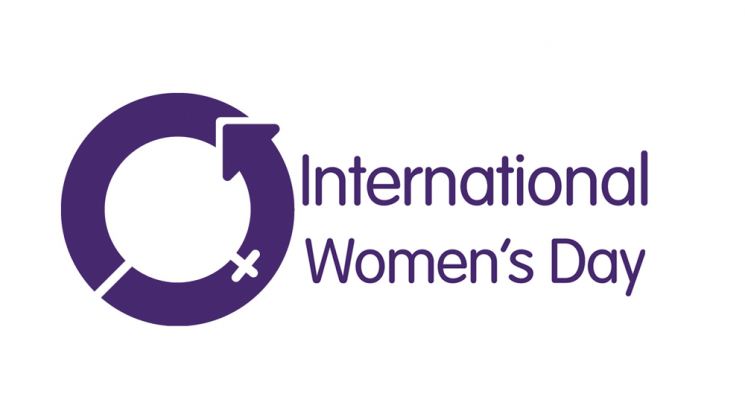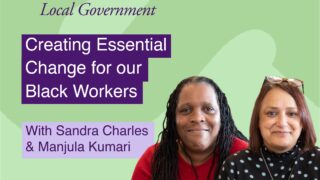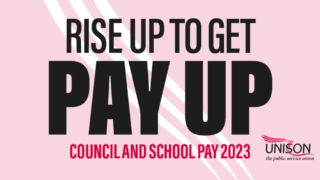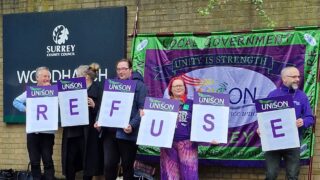Sunday 8 March is International Womens Day. With a million women members, International Women’s Day is an event that UNISON are proud to celebrate. This year’s event takes place against the backdrop of UNISON negotiating with local government employers around the 2020-2021 NJC pay claim – which disproportionately impacts on women workers. That’s why in the week up to the 8 March, UNISON Regional Organiser James Smith has tried to highlight at AGM’s in Hampshire the effect of pay cuts on women workers:
Whilst across the whole workforce women make up almost half of all workers, in local government they make up over two thirds – 69%. So when the government chose – in real terms – to cut pay in this sector, they chose to cut pay in a part of the economy that they knew would predominantly hurt working women.
Talking to gathered members about the pay claim for local government pay (NJC 2020-2021), James has tried to make clear that most of those assembled will have seen huge real terms pay cuts since 2009.
For those staff on the new scale point 23 or above, this has been almost a 22% real terms pay cut. Put more simply, that’s over a fifth of their earnings. Cutting pay in real terms didn’t mean that council workers saw their pay cheque shrink. Instead, it meant that the cost of living rose much faster than their pay. If inflation is higher than the cost of living increase then it’s harder to make ends meet. The figure on the pay cheque might not have changed but it no longer buys what it once did. In short: for these staff, £1 earned in 2009 is now only worth about 78p.
Again, this International Women’s Day, it’s important to remember that most of those losing out are women. James continues:
It seems to me that by cutting real terms pay of council workers, they’ve shouldered the cost of a crisis that wasn’t caused by refuse collectors, teaching assistants or social workers. And this International Women’s Day, I think it’s important to highlight that a claim for a 10% pay rise and the Real Living Wage for the lowest paid helps everyone in local government – but that it’s also a step forward for equality. A predominantly female sector has had their pay slashed; it’s about time that injustice was redressed.
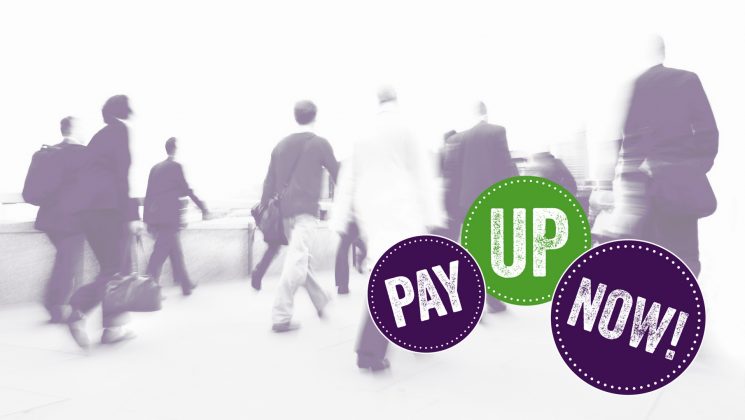
You can find out more about the pay claim on the UNISON website, where you can find out exactly how much you’ve lost in real pay since 2010. An initial 2% pay offer was made by the local government employers in February 2020. This was rejected by the three unions, who have asked the local government employers to think again and come up with a better offer so talks can continue as soon as possible.
If you work in local government, there’s never been a better time to join the UK’s largest trade union.

